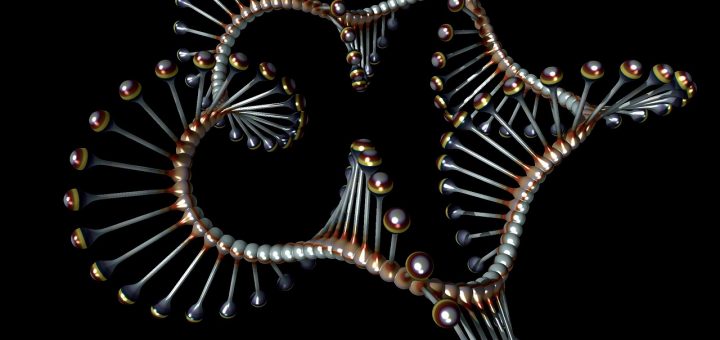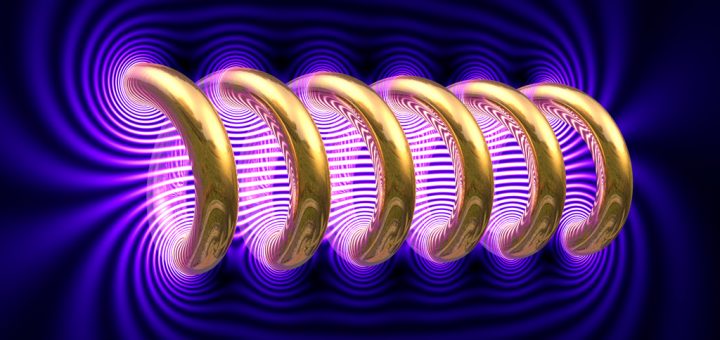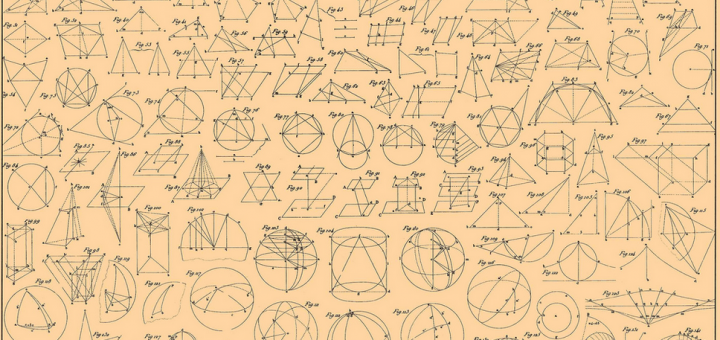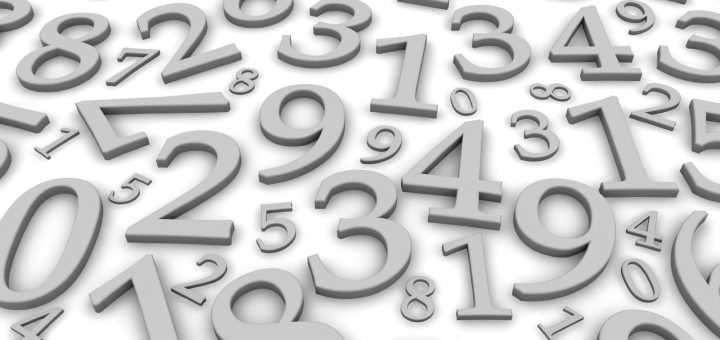There are 3 kinds of science: the experimental, the theoretical, and the simulated. The third kind of scientific activity only appeared recently, about 75 years ago, when the first electronic computers were made; effectively creating the “human computational universe” and upgrading our scientific methods to a whole new level. The idea of this third kind of science is to computationally and visually investigate our theoretical mathematical models encoded as computer programs executed on various sets of inputs to get new patterns, ideas, and “virtual” discoveries that can be verified experimentally later or at least may provide grounds for new abstractions, theories, and practical applications. This third kind of science, the science and art of computer simulations, is now unavoidable in all scientific research and education activities. All this is made possible by using only the two numbers 1 and 0; a.k.a True and False.
After our journey with classic numbers in part one and geometric numbers in part two, in this final part of our functional history of numbers, we will take a look at a third kind of numbers: the computational numbers.








